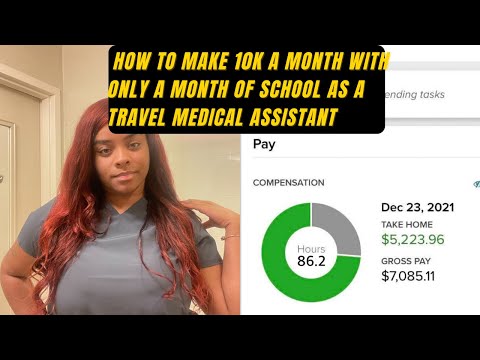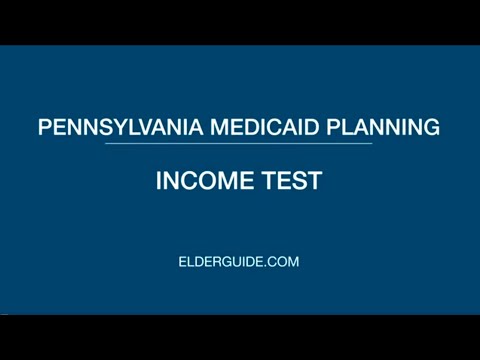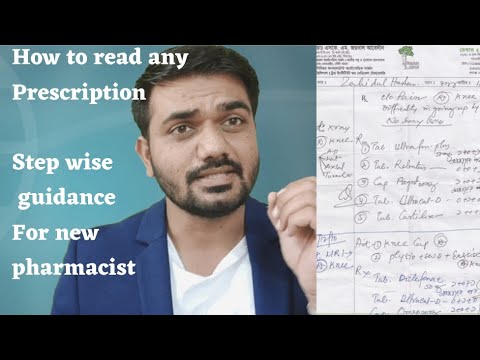How to Apply for Medical Assistance in Pennsylvania
Contents [show]
How to Apply for medical assistance in Pennsylvania
If you are a Pennsylvania resident and need help paying for your medical bills you may be eligible for Medical Assistance through the Pennsylvania Department of Human Services.
Checkout this video:
Introduction
The Pennsylvania Department of Human Services (DHS) is committed to improving the health and well-being of the people of Pennsylvania. DHS offers a wide range of medical assistance programs to help eligible Pennsylvanians meet their health care needs.
Medical assistance programs are jointly funded by the state and federal government, and are administered by DHS. DHS contracts with managed care organizations (MCOs) to provide medical assistance benefits and services to eligible individuals enrolled in the program.
In order to receive medical assistance, individuals must meet certain eligibility requirements. These requirements vary depending on the program for which an individual is applying.
Eligibility for medical assistance is determined based on factors such as:
● Income
● Household size
● Assets/resources
● Age
● Pregnancy status
● Parental status
● Citizenship/immigration status
● Refugee status
What is Medical Assistance?
Medical Assistance, also known as Medicaid, is a federal and state program that helps with medical costs for some people with limited income and resources. Medicaid pays for a wide range of medical services including doctor visits, hospital stays, prescription drugs, dental care, mental health care, and long-term care. You can apply for Medical Assistance online or in person at your local county office.
Who is eligible for Medical Assistance?
To be eligible for Medical Assistance (MA), also known as Medicaid, you must:
-Be a resident of Pennsylvania
-Be a U.S. citizen or legally admitted non-citizen
-Have low income and few resources
How to apply for Medical Assistance
In order to apply for Medical Assistance, you will need to fill out an application and submit it to your local county office. You can find the application online at the Pennsylvania Department of Human Services website.
The Medical Assistance program is available to low-income families and individuals who are unable to afford health care. If you are eligible, you will be able to receive free or low-cost health insurance through the program.
To learn more about how to apply for Medical Assistance, contact your local county office or visit the Pennsylvania Department of Human Services website.
What is the process for applying for Medical Assistance?
In order to apply for Medical Assistance, also known as Medicaid, you will need to fill out an application and submit it to your local county assistance office. You can find the application on the Pennsylvania Department of Human Services website.
You will need to provide information about your income, assets, and family size. You may also need to provide proof of U.S. citizenship or lawful presence in the United States
Once your application is received, it will be processed by the county assistance office. If you are found eligible for Medical Assistance, you will be asked to choose a health plan.
You can find more information about Medical Assistance and the application process on the Pennsylvania Department of Human Services website or by contacting your local county assistance office.
How long does it take to get approved for Medical Assistance?
The time it takes to get approved for Medical Assistance in Pennsylvania depends on a few things. The first is the type of case you have. If you have a “regular” case, which is most common, it can take up to 90 days to get approved. If you have an “expedited” case, which is for people who are disabled or over 65, it can take up to 30 days. The second thing that influences how long it takes to get approved is how quickly you get your paperwork in. If you submit everything that is required, it will speed up the process. The last thing that can influence how long it takes to get approved for Medical Assistance is how busy the office is that reviews your application.
What are the income limits for Medical Assistance?
In order to qualify for Medical Assistance, your income must be at or below the Federal Poverty Level (FPL). The FPL is updated every year, so make sure you are using the most current figures. As of 2020, the FPL for a family of four is $26,200. This means that a family of four can have an annual combined income of $26,200 or less and still qualify for Medical Assistance.
What assets are considered when determining eligibility for Medical Assistance?
When determining if an individual is eligible for Medical Assistance, the Department of Human Services (DHS) will consider countable assets. These assets can include, but are not limited to:
-Liquid assets, such as checking and savings accounts, cash, stocks and bonds
-Non-liquid assets, such as property other than the individual’s primary residence or a vehicle
-Retirement accounts
How often do you need to renew your Medical Assistance?
You need to renew your Medical Assistance every 6 months.
What are some of the changes that may affect your Medical Assistance?
The changes announced today by the Departments of Human Services and Health and Human Services will help ensure that people who are eligible for Medical Assistance have access to the health care they need. The following is a summary of the changes.
1. People who are eligible for Medical Assistance will now have access to a wider range of health care services, including inpatient and outpatient care, primary and specialty care, behavioral health services, and long-term care.
2. The income limit for Medical Assistance will be raised from 100% to 138% of the federal poverty level, which means that more people will be able to qualify for coverage.
3. The asset limit for Medical Assistance will be eliminated, which means that people will no longer have to worry about losing their coverage if they have savings or other assets.
4. People who are enrolled in Medicaid expansion programs in other states will now be able to transfer their coverage to Pennsylvania without having to go through the process of reapplying.







